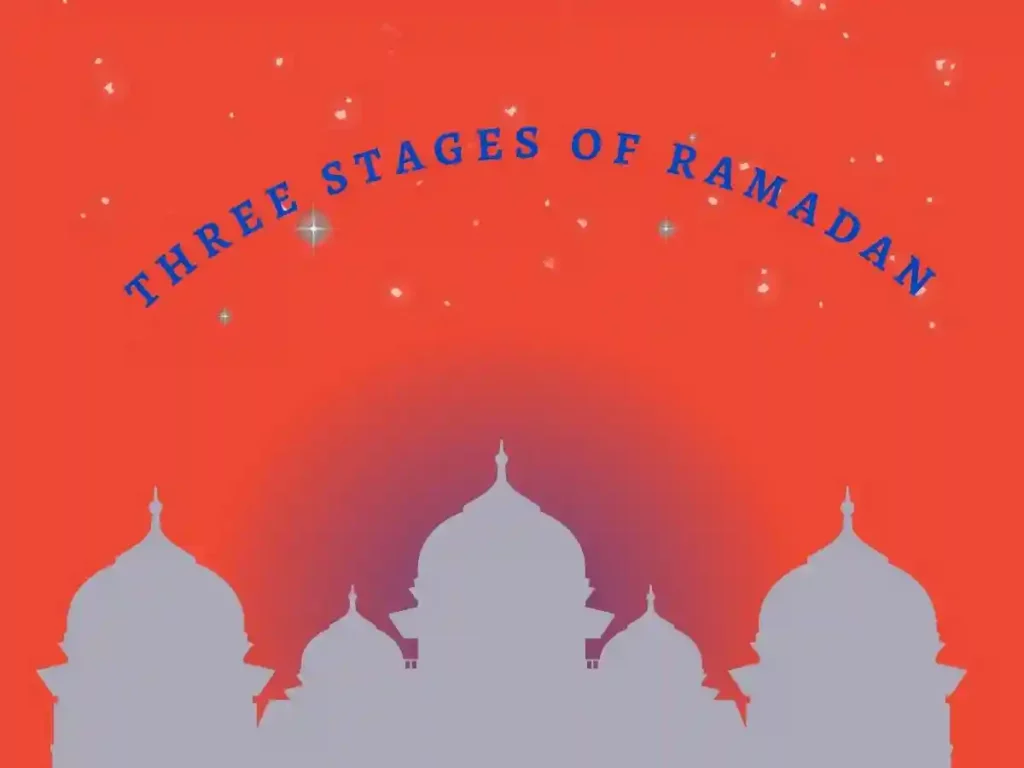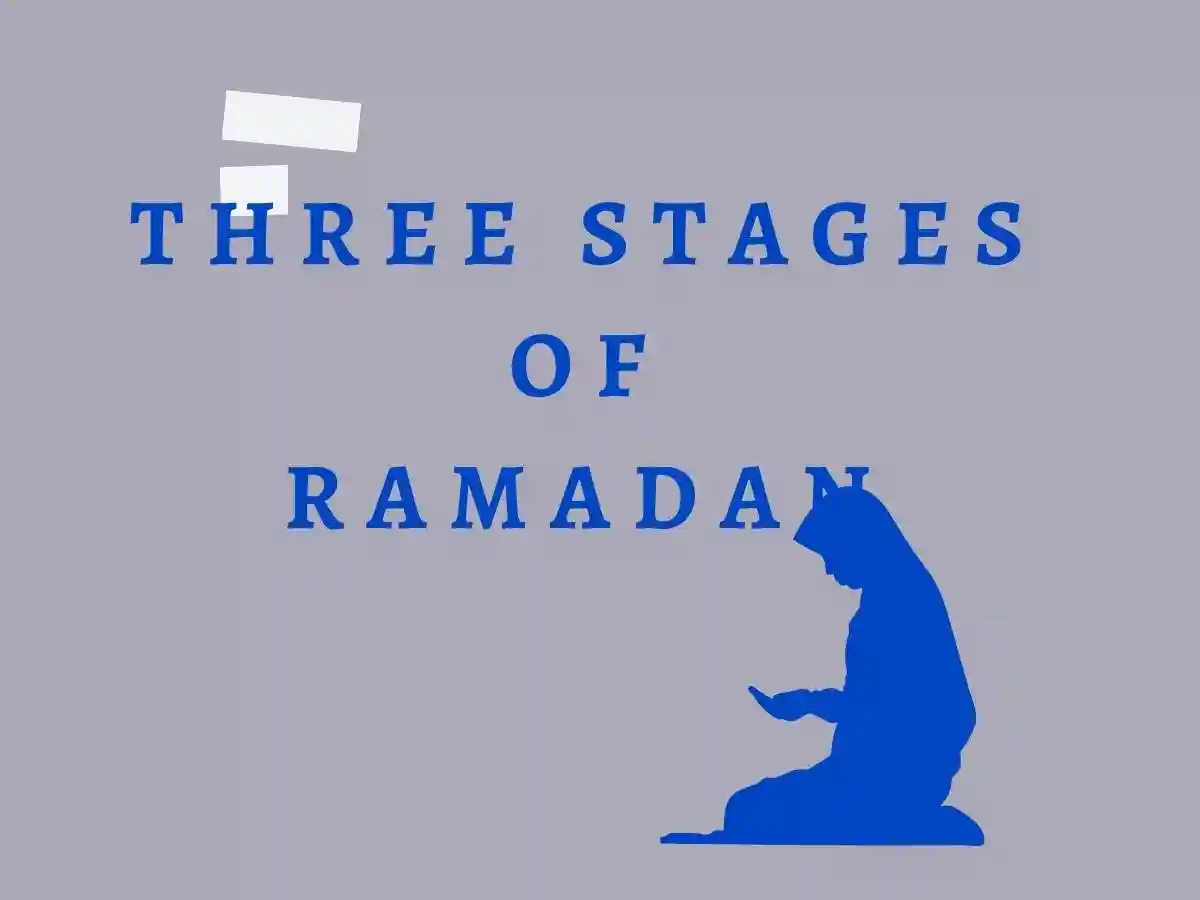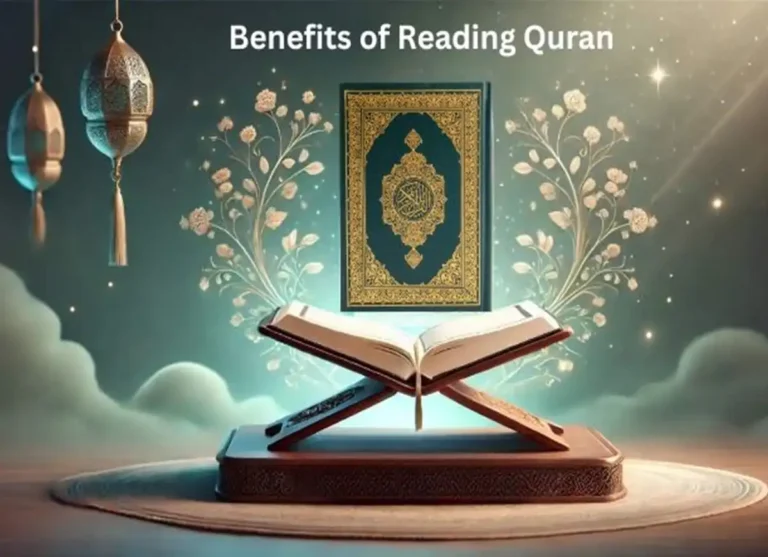Ramadan, a month-long period of reflection, dedication, generosity and sacrifice, is observed by Muslims all over the world. Ramadan’s spiritual significance has remained unchanged over the centuries.
Ramadan is derived from the Arabic words for “Parched Thirst”, “Sun-Baked Ground”, and “Sun-Baked Ground”. It represents the thirst and hunger felt by people who fast during the month and reap the benefits of fasting. Ramadan, by its very nature, is a period of sacrifice.
Muslims observe a communal fast every year during the ninth month of their Islamic calendar. Ramadan’s fast is one of Islam’s five pillars. Muslims who can physically fast must do so from dawn until sunset each day during the month.
Ramadan can last from 29 to 30 consecutive days, depending on the moon’s sighting. According to narrations, Allah Almighty divides Ramadan’s Holy Month into three stages, known as Ashra.
Also Read: The Holy Month of Ramadan Blessings
Ashra of Ramadan
The first part of the poem reflects Allah’s Mercy (Rehmah).
The second part of the Maghfirah reflects Allah’s forgiveness (Maghfirah).
Safety from Hell (Nijat), the third part, reflects this.
The Holy Prophet Muhammad stated: It is the month whose beginning is forgiveness, its middle is mercy, and its end is emancipation (from the fire of hell). 1
Ramadan, no doubt, is a month full of mercy, forgiveness, and blessings. Ramadan is the perfect time for Muslims to pray to Allah for forgiveness and to avoid the judgment day torment.
First Ashra Ramadan – Mercy
The first ten days are days of mercy and blessings. Every Muslim should seek out the mercy and blessings of Almighty Allah.
The Dua for the first Ashra:
وَقُل رَّبِّ اغْفِرْ وَارْحَمْ وَأَنتَ خَيْرُ الرَّاحِمِينَ
Translation: “O! Translation: “My Lord, forgive and have mercy, and you are the best of merciful” (Quran 23.118)
Second Ashra – Forgiveness
The Ashra for forgiveness is performed from day 11 to day 20 of the second ten days. Muslims should seek forgiveness from Allah Almighty and be sorry for their mistakes.
Dua for second Ashra:
أسْتَغْفِرُ اللهَ رَبي مِنْ كُلِ ذَنبٍ وَأتُوبُ إلَيهِ
Translation: “I turn to Allah, my Lord, and ask for forgiveness of my sins.”
Third Ashra Ramadan Safety
According to the lunar calendar, the third Ashra begins on the 21st day of Ramadan. It ends on the 29th or 30th, according to the lunar calendar. Third, Ashra (Nijat) is also known as safety from Hell. All Muslims must pray for protection from Hellfire. The Last Ashra has great importance and is superior. This Ashra also includes the Night of Power or Lailatul Qadar, and many Muslims will also try to maximize their prayers by practising Aitkaf, which is seclusion during prayers.

Quranic verses:
“We sent (the Quran) down in a blessed night. We are always warning. On that night, every ordainment is set forth. Amran (i.e. We give a command, this Quran, or His Decree on every subject. Verily, (We) are always sending (the Messenger) as a Mercy (from your Lord).” [Quran 45: 3-4]
Dua of Third Ashra is
ﺍﻟﻠﻬﻢ ﺃﺟﺮﻧﺎ ﻣﻦ ﺍﻟﻨﺎﺭ
Translation: “O Allah, save me from Hell’s fire.”
Note:
Ibn Khuzaymah narrated the Hadith above, “..(Ramadan is) the month whose beginning and middle is mercy and forgiveness, and its ending, emancipation (from the fire of hell).” It is based upon a Salman RA saying and was narrated in his Hadith Collection. In the chapter devoted to the virtues that Ramadhan brings, he said:
Salman, ‘Ali ibn Zayd ibn Jad’an and Sa’eed ibn al Musayyab (may Allah be pleased) told us:
On the last day, Allah’s Messenger, Sha’ban, addressed us and said: “O people, you have had a great, blessed month. A month that has a night better than a million months. Allah made the fasting of this month mandatory, and praying at night is a voluntary action.
Anyone who draws closer to Allah by performing a good act will be compared to someone who has performed an obligatory act in other months. Similarly, anyone who performs an obligatory action in this month will be compared with one who has performed seventy mandatory acts in any other month.
The month of patience brings Paradise as its reward. This is the month to help others. The believers’ provision increases during this month. Anyone who gives food to a person fasting will have their sins forgiven and will be saved from the FireFire. “He will receive a reward similar to the fasting people’s without it affecting his reward.”
Some said that not everyone could find something to break the fast of a fasting person. He said, “Allah rewards the person who gives a date to a fasting individual or provides a glass of water or milk. This is a month that begins with mercy, continues with forgiveness and ends with ransoming from the FireFire.
Allah will reward the person who eases his slave’s burden and will also ransom him to the FireFire. Do four good acts, two of which will please your Lord while the other two you can’t do without. The two good acts that will please Allah are a testimony to the fact that Allah is the only god and a request for forgiveness. Those that you can’t do without are those who ask Allah for Paradise and seek refuge from Hell with Him. “Whoever feeds the fasting until they are full, Allah will allow them to drink water from my Cistern. He will then not thirst until he enters Paradise.”
In its isnad (chain of narration) is ‘Ali ibn Zayd ibn Jad’an. He is weak because he has a bad memory. Yoosuf Ibn Ziyad Al-Basri, whose hadeeth has been deemed ‘ munkar ‘ (rejected), is also included in its isnad. Humam ibn Yahya is also included. Ibn Hajar stated in al-Taqreeb that he was trustworthy but could make mistakes.
This is why the Hadeeth with isnad does not appear to be false but weak. Many of the virtues of Ramadhan mentioned in this Hadith can be found in other authentic narrations.
And Allah knows best.
Referral: IslamQA.info – Standing Committee for Academic Research and Issuing Fatwas – Fatawa al-Lajnah al Daimah li’l Buhooth al’ Ilmiyyah and Ifta (10/84 – 85).








